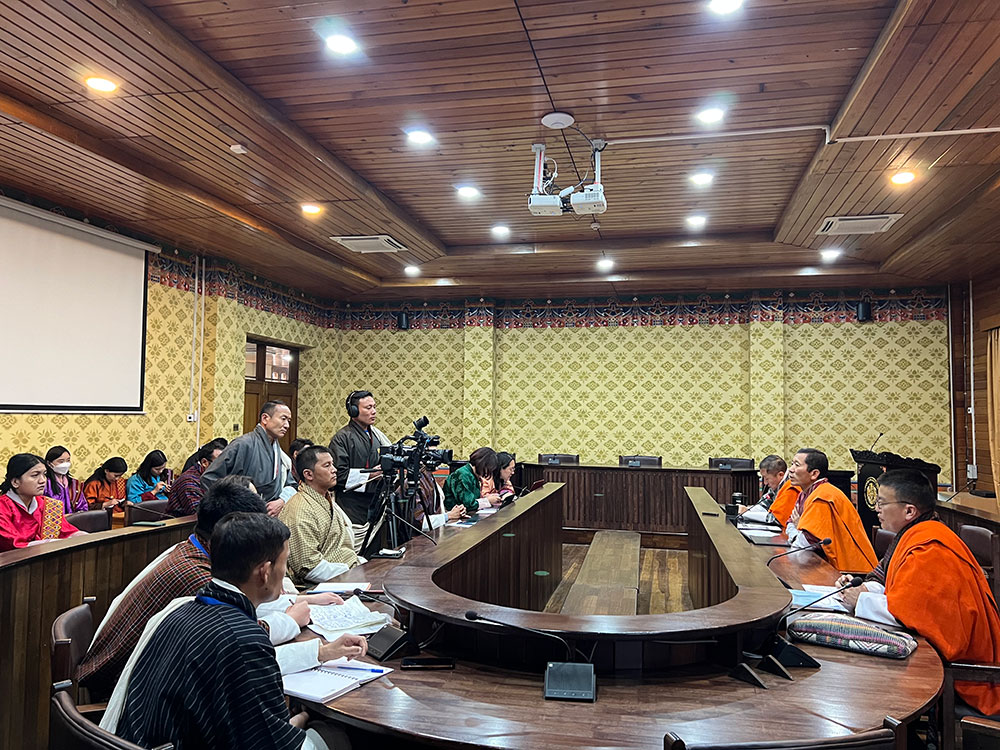Nima Wangdi
An alarming trend of high attrition rates among health and education professionals in Bhutan has sparked concerns about the country’s ability to maintain essential services.
Lyonchhen Dr Lotay Tshering, recently acknowledged that the situation could become more worrisome if the current rate of resignations continues.
According to Lyonchhen, some doctors who have retired are now being called back to work on a contract basis. Similarly, health assistants, nurses, and technicians are also on contract.
Lyonchhen revealed that the attrition rate in the health and education sectors is currently at around 7.5 to 8 percent, but more professionals may leave.
He said, now, for those who complete class 12, the government is giving more scholarships in nursing and teaching. “Once these people complete their obligation, it is up to the individual whether or not to leave the profession.”
Kuensel’s record shows that 15 nurses resigned in January this year, while 374 nurses left their jobs between 2019 and 2022. Two doctors from JDWNRH also resigned recently.
Between 2020 and August 2022, 710 teachers resigned from the system—504 teachers resigned voluntarily; 136 teachers superannuated; 37 took advantage of the retirement scheme; 30 left on forced retirement; three were terminated as of August last year.
Skilled individuals with in-demand expertise are leaving for higher-paying jobs in other countries according to Lyonchhen.
He said that the issue is not limited to Bhutan, poorer countries around the world are facing similar attrition rates. “The effects are often devastating to the vulnerable populations who rely on these professionals to provide essential services.”
The spike in resignations could also have far-reaching impacts on the Bhutanese economy and overall quality of life, Lyonchhen added.


